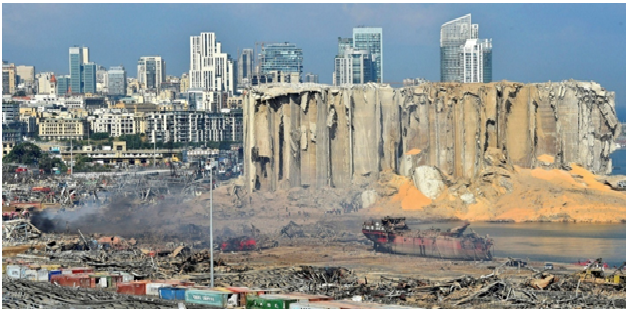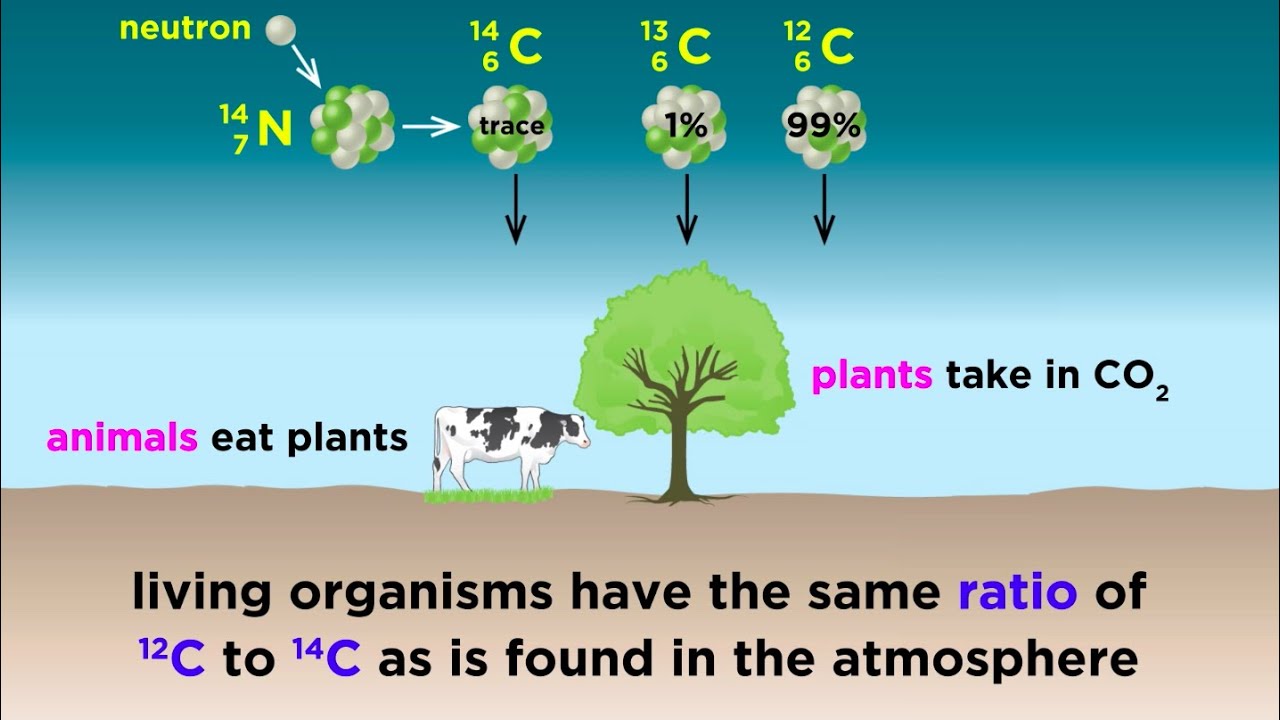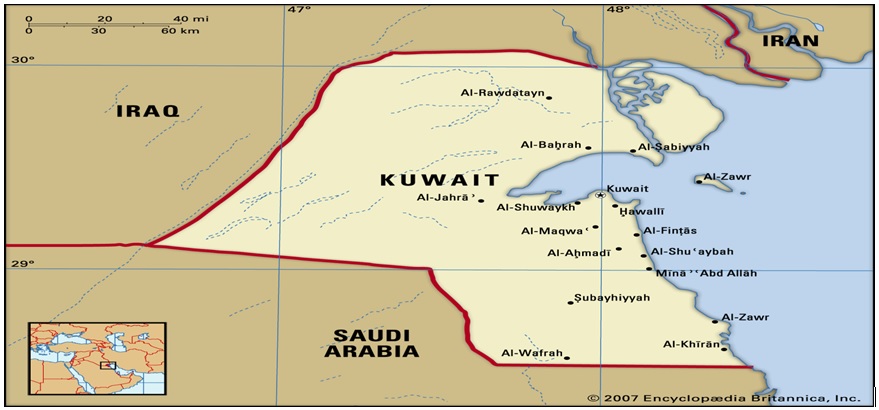Massive explosion at Beirut
Why in News?
Recently, a massive explosion took place at Beirut the capital of Lebanon measuring the intensity of 1/5 of Hiroshma .
Hundreds of people dead and more than 4,000 injured .
The explosion was of over 2700 tonnes of ammonium nitrate stored for six years in a warehouse in the port.
The ammonium nitrate that had been confiscated and stored by authorities near the port for over six years.
Large quantities of stored ammonium nitrate are regarded as a major fire hazard, with multiple reported cases across the world.
The blast created seismic waves equivalent to a magnitude 3.3 earthquake.
A two-week state emergency has been imposed in Beirut following the blast.
It had led to large-scale closure of businesses and soaring prices of basic commodities resulting in social unrest.
The Beirut in the recent past has been crippled by serious economic crisis.
The country is also engulfed age-old Shia-Sunni rift.
The country’s health system is already burdened with the patients of Covid-19 pandemic and the victims of blast will add to this.
In its pure form, ammonium nitrate (NH4NO3) is a white, crystalline chemical which is soluble in water.
It is the main ingredient in the manufacture of commercial explosives ,Fertilizers used in mining and construction.
What is the current International Response ?
Lebanon has been offered help by various countries like the USA, Germany, EU France , Iran, Turkey etc.
The President of France, Emmanuel Macron has decided to visit Lebanon.
What are the Regulations regarding Ammonium Nitrate in India?
In India, The Explosives Act, 1884, define ammonium nitrate as the “compound with formula NH4NO3 including any mixture or compound having more than 45 per cent ammonium nitrate ”
Pure ammonium nitrate is not an explosive on its own. It is classified as an oxidiser .
What is Hezbollah at Lebnon ?
Hezbollah is one of the Middle East's most powerful and successful guerrilla organizations.




.jpg)
.jpg)
.jpg)
.jpg)
.jpg)
.jpg)




